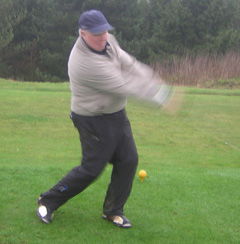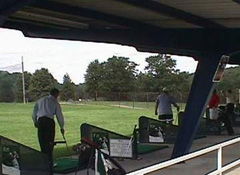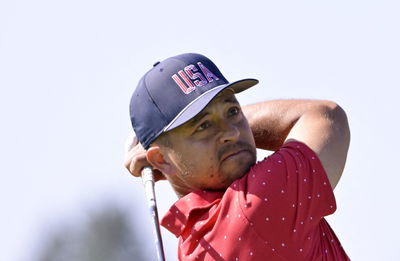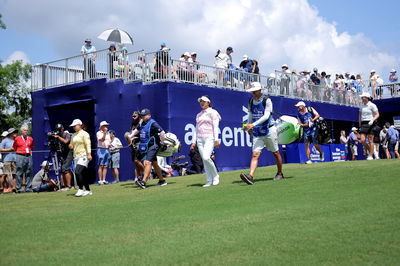Handicaps for different parts of your game
How GM member's great idea can help you improve

I have always been influenced by a former managing director's motto that 'people are your best resource' and I've never flinched from developing the best ideas - from wherever they appear - while giving credit where it's due. Subsequently I'm grateful to one of Golfmagic's regular posters (r7 Boomer) for his innovative While he reveals that his driving is the best part of his game ( a self-appointed 5 handicap), he was only the equivalent of 28 handicap with his ball-striking and approach play and a mere 24 at chipping. | |
Awarding himself a 6 handicap for putting, it's not difficult to paint a picture of his erratic golf game - down the middle off the tee followed by a series of wayward irons and subsequently missed greens. Chips rarely get close enough to tap in but he holes his share of 10-footers to justify his official handicap of 13. I'd probably concur with my own game currently, which I'd describe as inconsistent. Off the tee reasonably straight (9 or 10 handicap) but then a tendency to fade long irons and rescue clubs (18/19) and pull shorter irons (14/15). Recovery around the green has been better (12/13) though I'm relatively pleased with my bunker play (6/7) and putting (9/10). Officially it adds up to a 10.9 handicap which probably flatters me, currently, if I'm honest. To develop this intelligent forum thread let's look at other areas of our game which we can successfully handicap and which, when analysed, will probably deliver an even clearer picture of what we need to do to improve: | |
Most single figure golfers spend at least 1-2 hours a week on the practice range, or at least half an hour warming up before they play. Category 2 plays (6-12 handicap) rely on their natural talent and a warm-up session before they play, while mid-handicappers rely on a quick practice putt (5 minutes) and a little stretching on the first tee. The rest of us take our chances with whichever game 'turns up' on the day.
The better players will study their course planner before the round and gauge from how they're hitting the ball on the range how they will attack the course. Mid-handicappers will perhaps consult their course planners occasionally and try to let their head rule their heart when a wayward shot demands their next gets them back into play. Higher handicappers will blast it from every eventuality and see what happens.
They say that golf is 10 per-cent technique and 90 per-cent mental. That may be true for good players with an established golf game but for most of us our lack of confidence in our technique causes us to fear what can go wrong, rather than what might go right. The better player will be buoyed by their confidence knowing they can recapture their quality with just a minor adjustment or a little more concentration. For the mid-handicapper too many questions outweigh the answers while for the higher handicapper the tendency to disintegrate is only a shank away. Already half a dozen members have responded to Boomer's thread and revealed good analyses of their own game. The thread deserves even more attention to help us understand where all of us might improve. The Golfmagic forum is a great place to share your opinions and every day more of you grasp the opportunity to join in a wide range of discussions. Don't get left out have your say on the UK's greatest golf community. |














